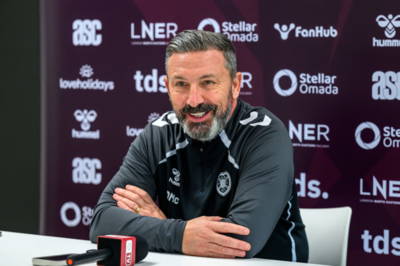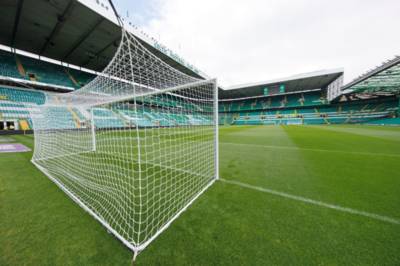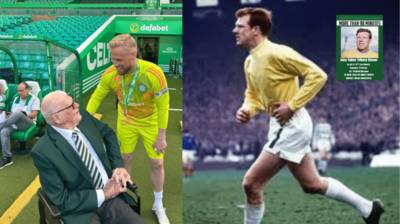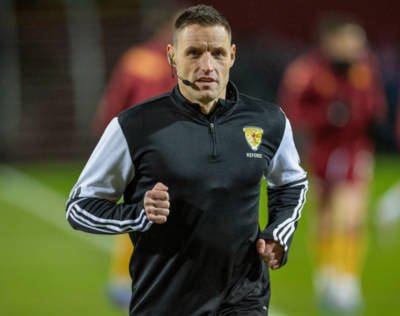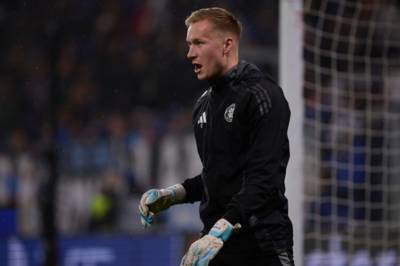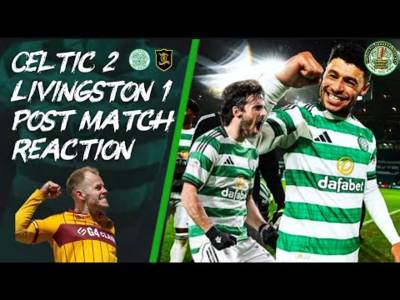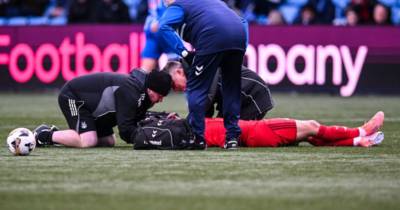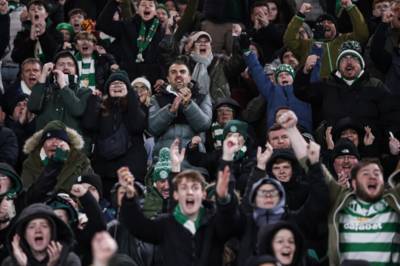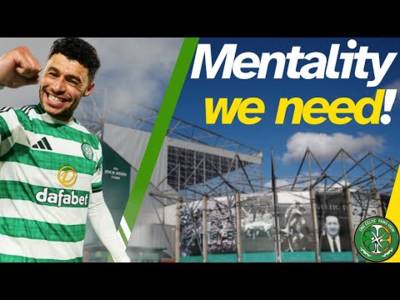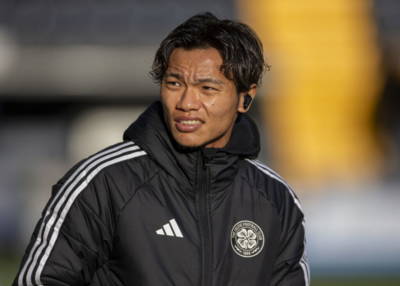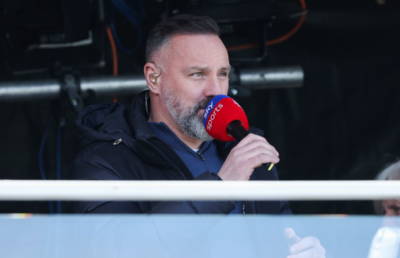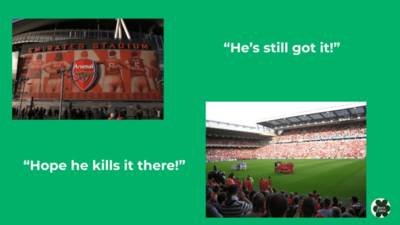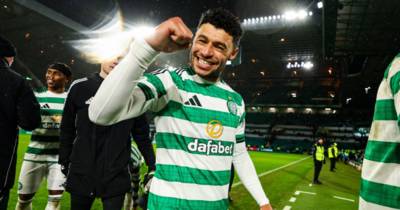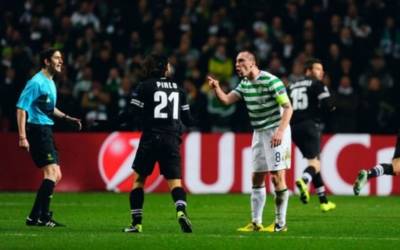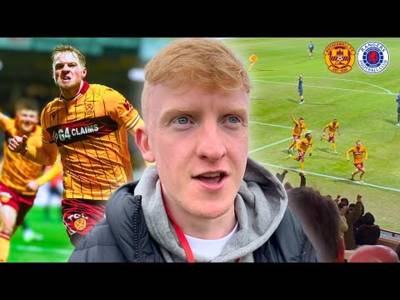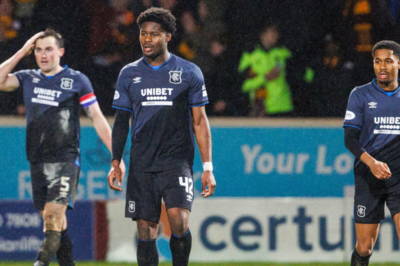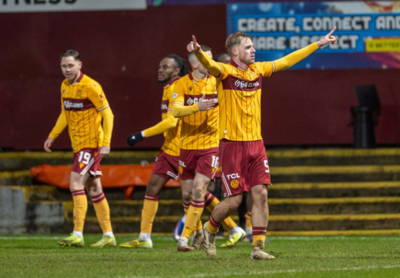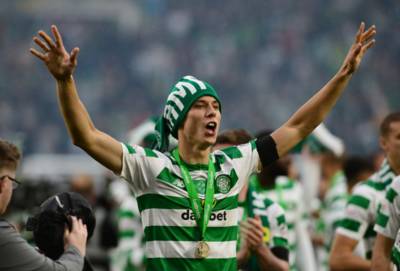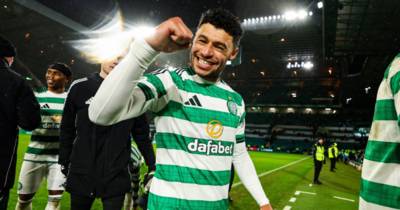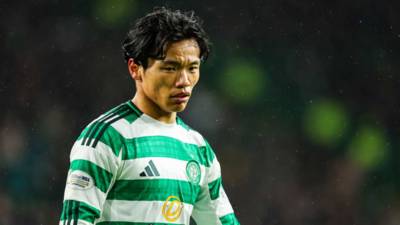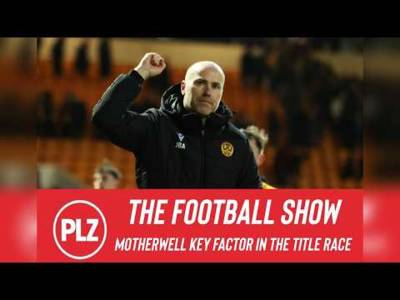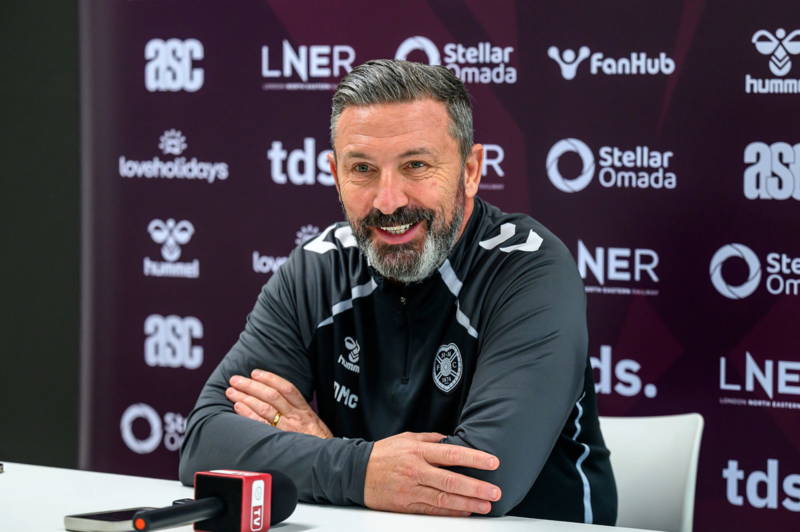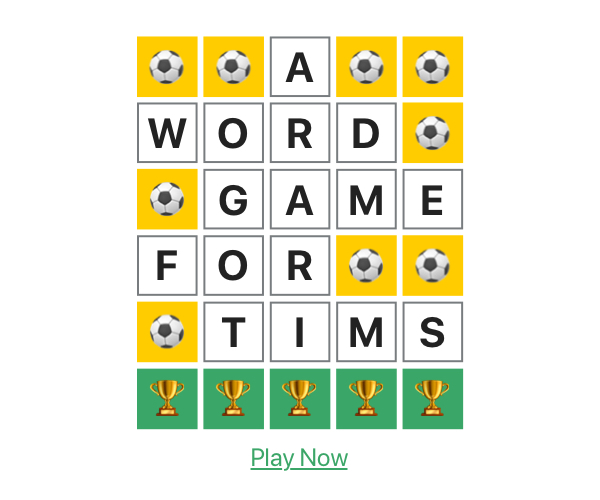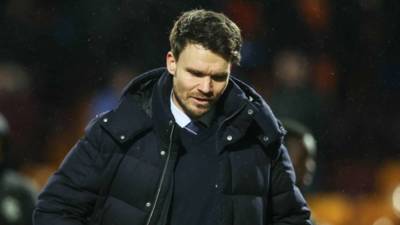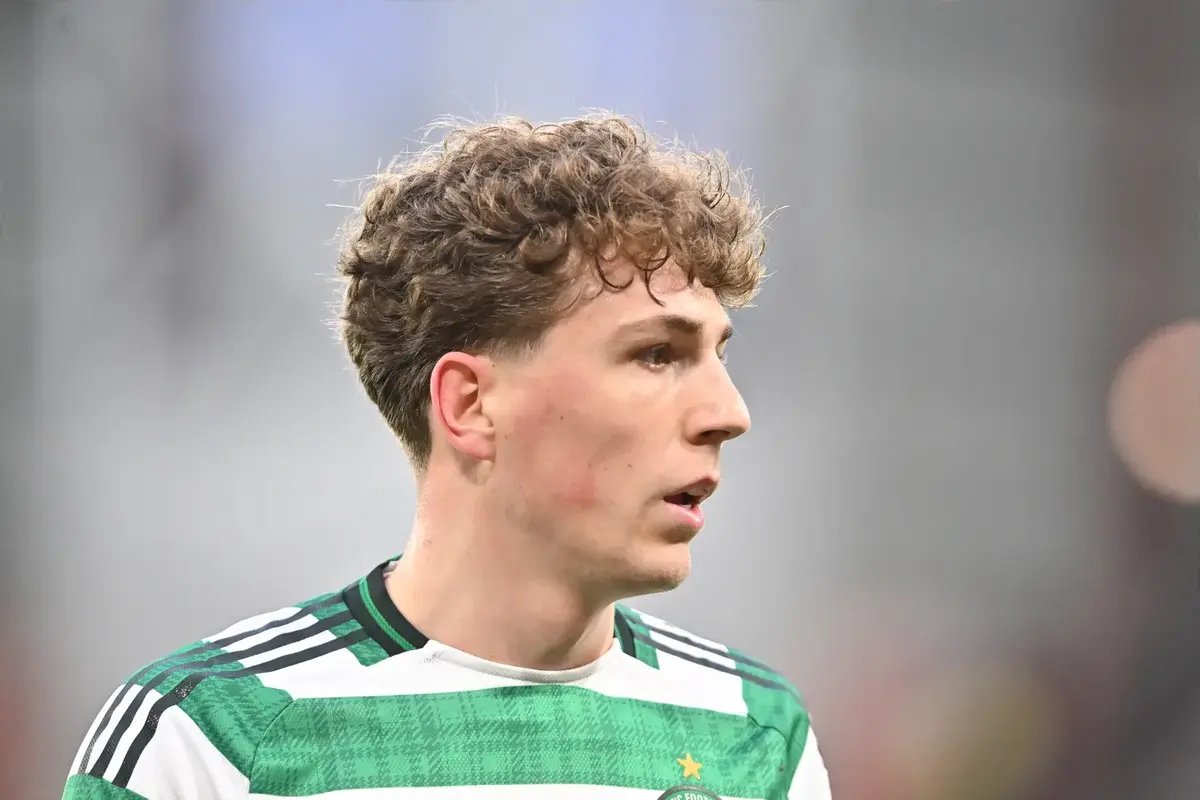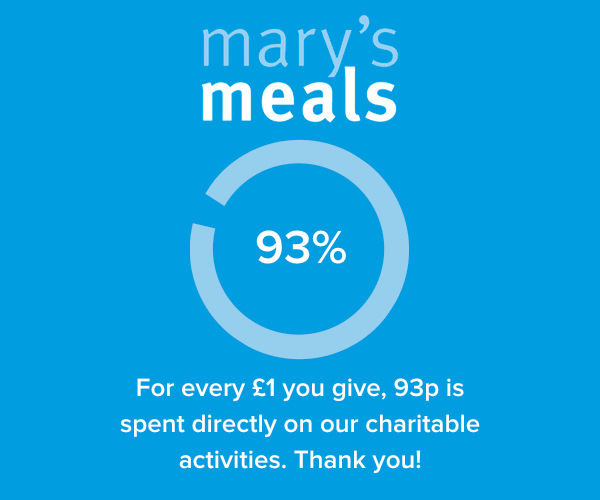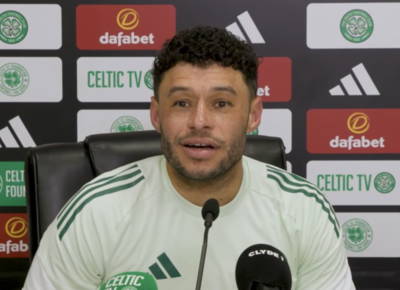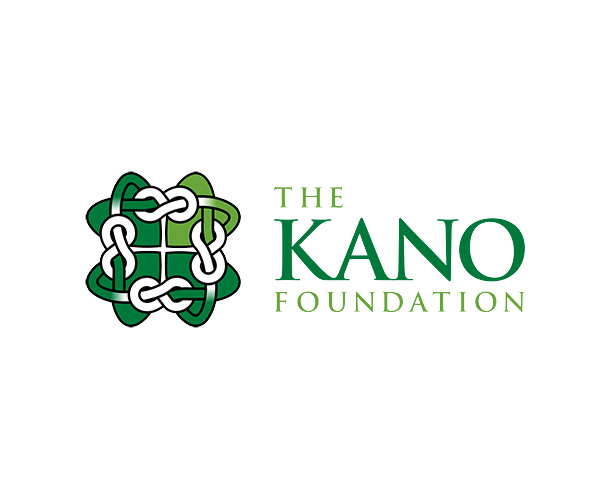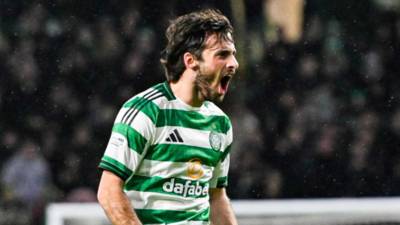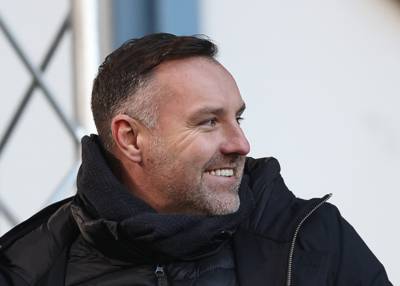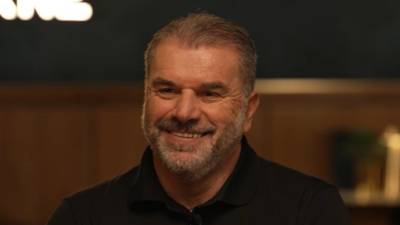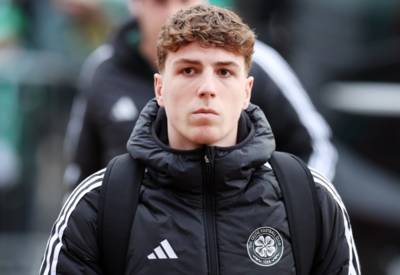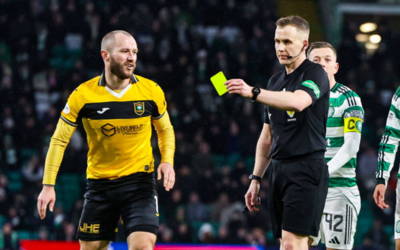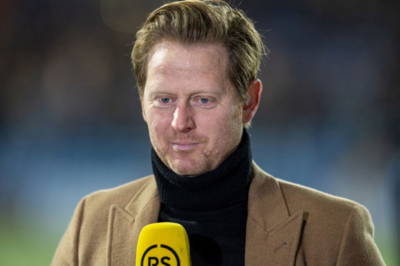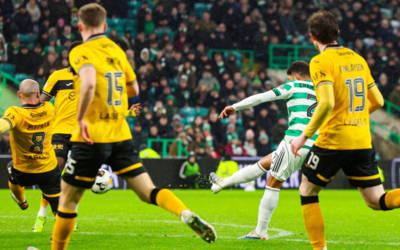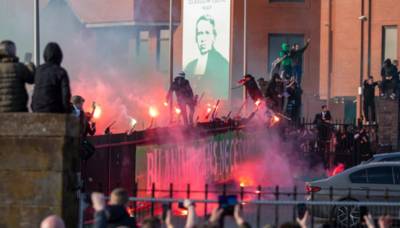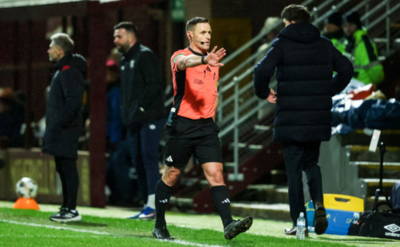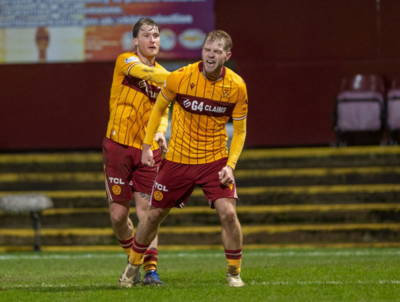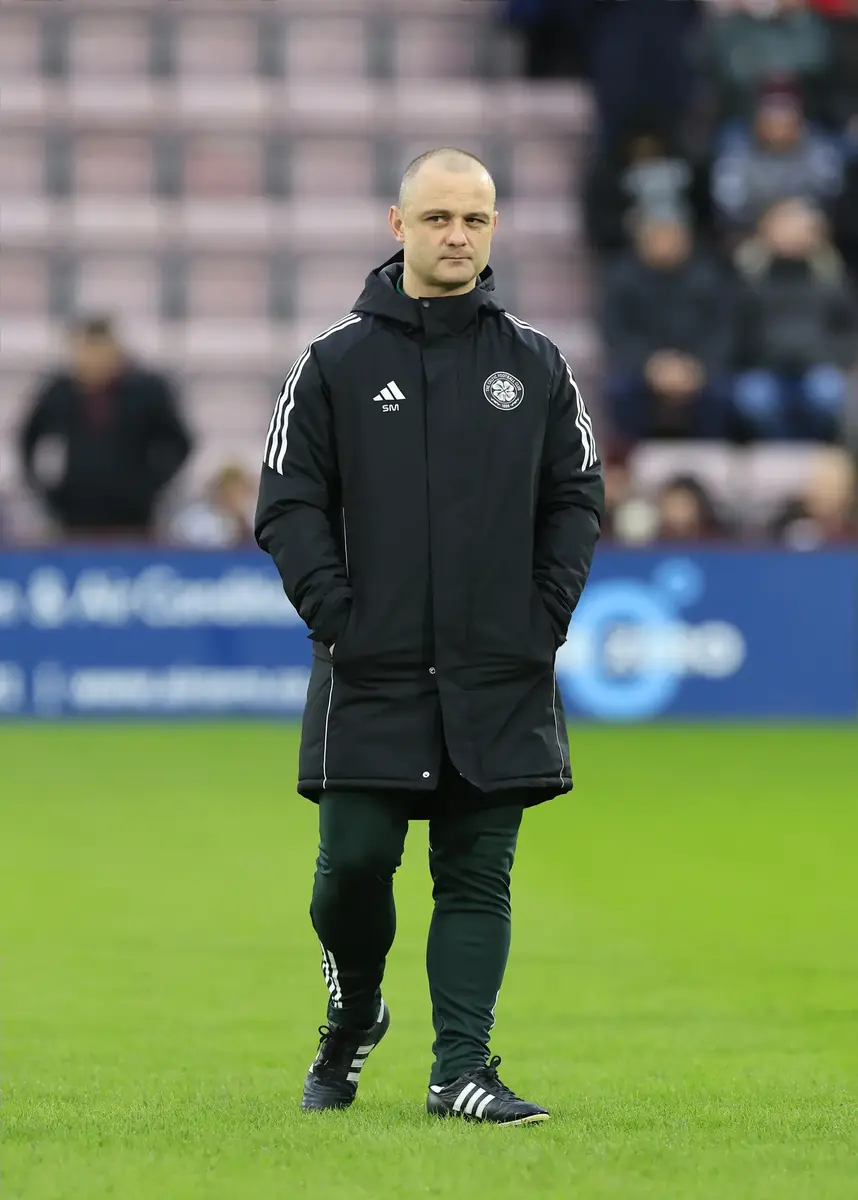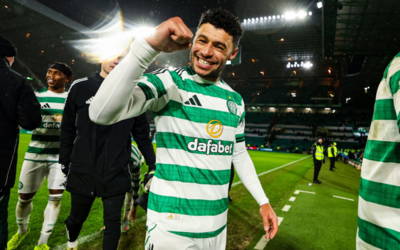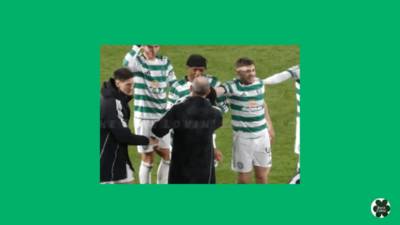Celtic’s decision to pay compensation to more than twenty victims of historic child sexual abuse at the former Celtic Boys Club has been generally greeted with approval though some wondered why it took so long. These despicable crimes happened at an institution with close ties to Celtic FC and the club, whilst maintaining the two organisations were separate entities, rightly recognised that it can’t morally wash its hands of the victims. Celtic said in an official statement ‘Celtic Football Club can confirm that a number of legal claims in the group proceedings against the Club have been resolved. We are hopeful that settlement can be reached with the remaining group members shortly. For some time, we have sought to work with the group members’ lawyers to reach a resolution. The Club acknowledges the strength of the survivors of abuse who have come forward, and hope that this resolution may help to bring them some closure. Celtic Football Club is appalled by any form of historic abuse and has great sympathy for those who suffered abuse and for their families. The Club is very sorry that these events took place at Celtic Boys’ Club. The Club takes this abuse extremely seriously because of the historic contacts between the two organisations. The abuse of young people is an abhorrent crime which has unfortunately affected many areas of society. The Club continues to work with Scottish football to make it a safe place for all young people.’ The carefully worded statement is clearly maintaining the ‘separate entity’ stance, but does express genuine remorse at what went on in those years. This is not the place to argue how closely connected the Boys club was to the football club, but I am glad Celtic accepted moral responsibility even if they do still deny legal liability. The old board who ran Celtic in the pre-Fergus McCann days were clearly negligent and have questions to answer. When you give permission for a boys’ club to be named in honour of Celtic and to wear the club colours, there is surely an obligation to carry out due diligence and have some oversight of who was running the club and how it was being managed. The period in question here, 1966-1994, saw Celtic happy to take the best youngsters from the Celtic Boys Club and simultaneously ignore the rumours which swirled around it. Celtic have at long last lived up to their moral responsibility. Of course, child protection procedures in the 1960s and 70s were nowhere near as stringent as they are today. Abuse occurred in many organisations where an imbalance of power was present. These predators wormed their way into many sectors of society where the vulnerable might be preyed upon. What happened at Celtic Boys club was far from unique. Manchester City have paid out huge amounts of money to more than 40 victims of Barry Bennell, one of the UK’s most prolific paedophiles. City’s statement at the time was similar to Celtic’s and it read in part “The club reiterates, however, its heartfelt sympathy to all victims for the unimaginably traumatic experiences that they endured. All victims were entitled to expect full protection from the kind of harm they suffered as a result of their sexual abuse as children.” The SFA’s report into child sexual abuse in Scottish football is a painful read but one I recommend folk who love our national sport undertake. They not only take us through the difficult events in the period concerned, using witness statements, they also take us through their own journey in the battle to safeguard children involved in football. The report says at one point ‘Although we are clear that the direct responsibility for the alleged abuse of these young people and the consequent harm lies with the men who perpetrated or are said to have perpetrated these acts, we are also very aware of the accountability which lies with clubs and organisations in football since these shared a duty of care to the young people in their charge. Apology should be made not just because the Review recommends it but more importantly because it is the right thing to do.’ Everyone in football has a ‘shared duty of care’ towards our young folk. That is now enshrined in law, in protocols at football clubs and in clubs where youngsters play the game. The mistakes of the past were painful and must never be repeated. Historically, many football clubs in the UK were infiltrated by the abusers and we’d all like to think that’d be impossible now. The need for diligence still demands that we are vigilant, listen to young people and act on what they tell us. In the stands of Scottish football and in the poorly regulated ‘wild west’ of social media, there are still people who seek to weaponize child sexual abuse in order to denigrate their sporting opponents. It can be nauseating to see grown men trading insults when it is patently obvious that they don’t give a damn about the victims. We have even heard thousands of people chanting about it in certain fixtures and that is beyond despicable. The NSPCC states that 1 child in 20 will experience sexual abuse. The chances are that those misguided fools who chant about child sexual abuse are no more than a few metres from someone who actually suffered from it. Enough already. It’s demeaning, it’s inexcusable and it’s just plain wrong. Celtic have done the right thing this week by compensating the victims of abuse at the boys’ club. It may have occurred long before anyone at the club today was even involved in football, but it marks an acceptance of moral responsibility. Acknowledging this can only help the victims heal and perhaps bring some closure to a hugely painful episode. Our thoughts go out to those who were the victims of this despicable crime. They’re the ones who really matter.
The right thing to do
Don't Let it Be Forgot · Apr 4, 2025
The right thing to do
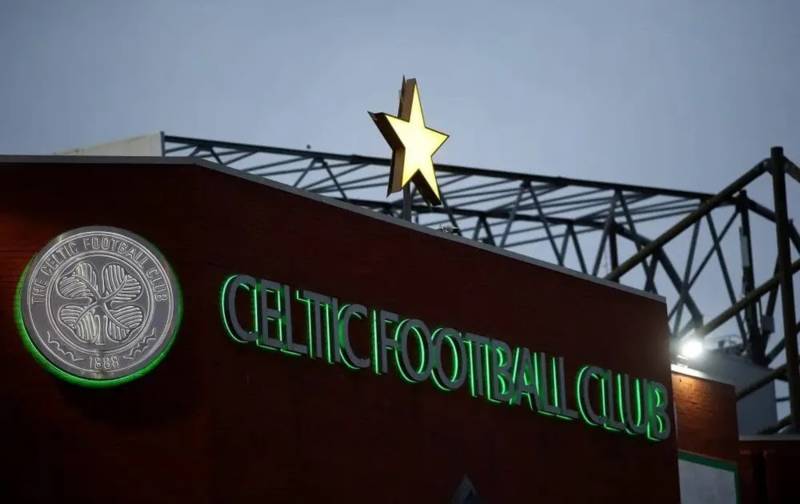
The right thing to do
Read Next: Returning to the past could allow Celtic to build for the future


